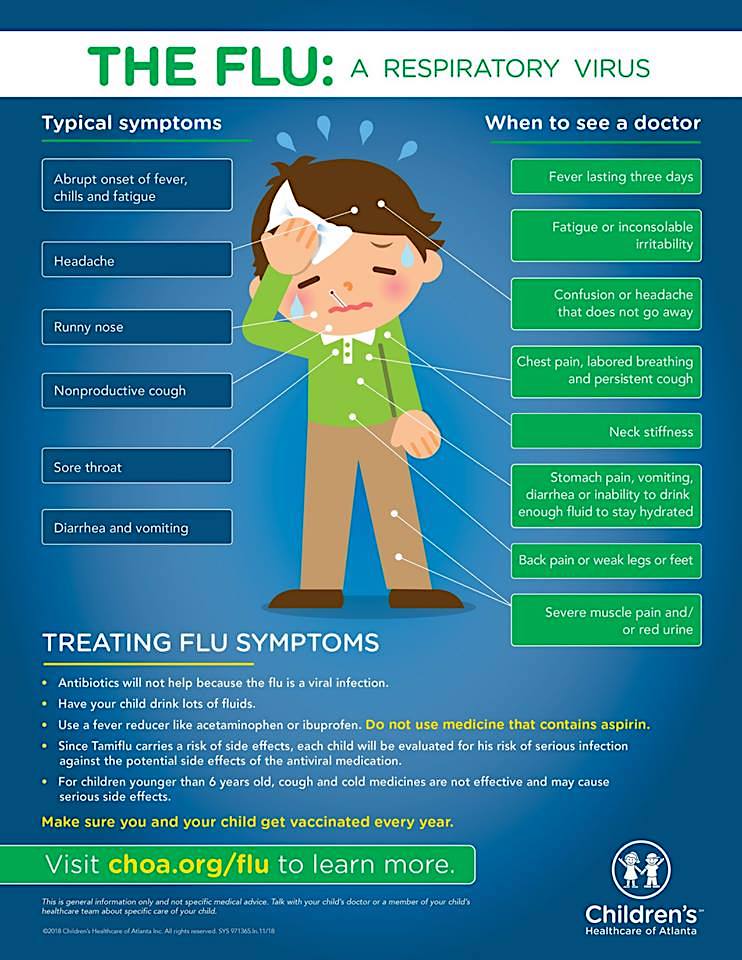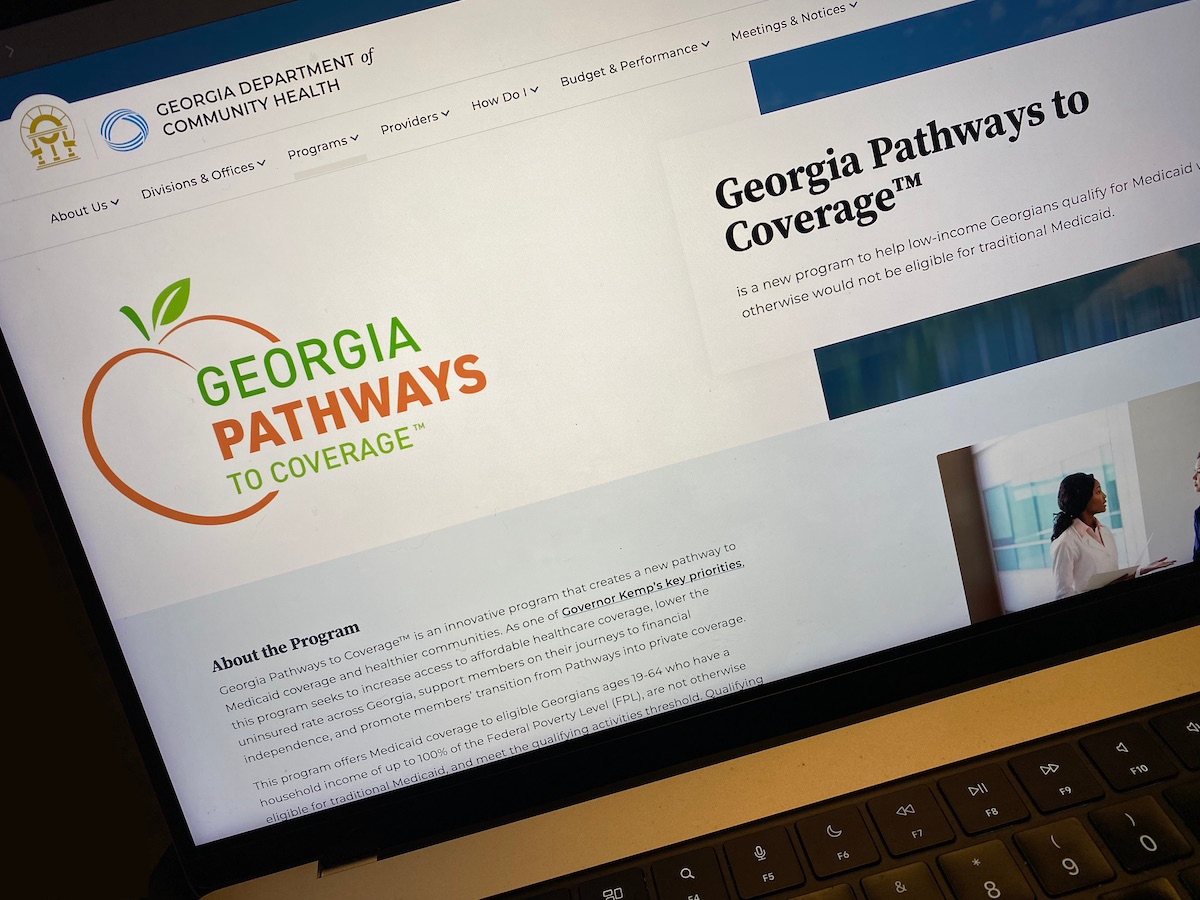Public Health officials said Tuesday that they’re concerned about flu trends in Georgia.
 It’s not clear whether the flu season could be as severe as last year’s, state epidemiologist Cherie Drenzek told the board of the Georgia Department of Public Health. “It’s too early to know,’’ she said, adding, “Some trends to date seem concerning.”
It’s not clear whether the flu season could be as severe as last year’s, state epidemiologist Cherie Drenzek told the board of the Georgia Department of Public Health. “It’s too early to know,’’ she said, adding, “Some trends to date seem concerning.”
Georgia is being hit harder than other states, she said, because the predominant strain circulating here is H3N2, while the main virus nationally is H1N1. (And H1N1 is far from harmless. In late December, fast-rising political journalist Bre Payton died at age 26 after being diagnosed with it in California.)
H3N2 was the main virus circulating nationally during the last flu season, which led to 154 reported deaths in Georgia and was considered the nation’s worst flu outbreak in at least 40 years.
As of the end of December, Georgia had four flu deaths statewide and 440 hospitalizations related to the flu in the eight-county metro Atlanta area. Those numbers are up from one death and 193 flu-related hospitalizations at the same point a year ago.
The percent of Georgia outpatient visits related to influenza-like illness is 7.4 percent, versus 4.1 percent nationally.
 A month ago, Georgia had the most flu activity of any state. Now 19 states have high flu activity, according to the CDC.
A month ago, Georgia had the most flu activity of any state. Now 19 states have high flu activity, according to the CDC.
Children under age 5, people who are 65 or older, and those with compromised immune systems or chronic medical conditions are most at risk for flu complications.
It’s too early to say how effective the flu vaccine is this time, Drenzek said. Last season’s vaccine was a poor match to the virus that was circulating, which limited its effectiveness in the overall population. But experts note that even a limited vaccine can prevent many cases, make some people’s flu less severe and reduce the extent of an outbreak.
Drenzek and other health officials emphasize that it’s not too late to get a flu shot.
Dr. Andi Shane, medical director of hospital epidemiology at Children’s Healthcare of Atlanta, said Tuesday that “while we have seen a decrease in the number of flu cases at Children’s after the holidays, we anticipate a spike of influenza B infections in late January or early February. Now is the time to get vaccinated, if you haven’t already, to provide the best protection against influenza for yourself and others.’’

Health officials emphasize good hand washing, covering coughs and other techniques as prevention strategies.
The Georgia Hospital Association said Tuesday that it’s working closely with hospitals to monitor flu activity.
Although Georgia has been classified as a high-risk state by the CDC, at this time last year the number of patients requiring flu treatment was higher, GHA said, citing member hospitals. “Overall, the flu has had minimal impact on hospitals’ day-to-day activity, and aside from changes in visitation policies, hospital activity overall remains normal.’’

In Savannah, Memorial Health has announced restrictions on hospital visitors, mirroring limits set by hospitals last flu season.
No one with flu-like symptoms will be permitted in patients’ rooms, Memorial said, and family members and guests who are 18 or younger will not be allowed to visit patients.







